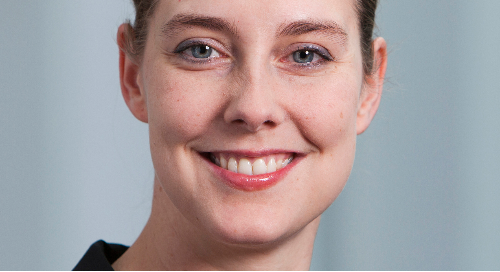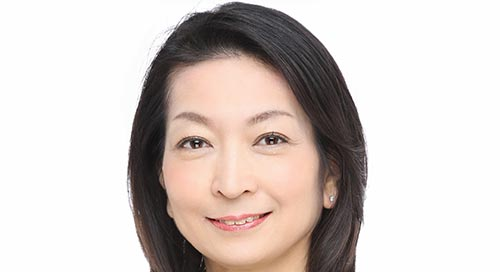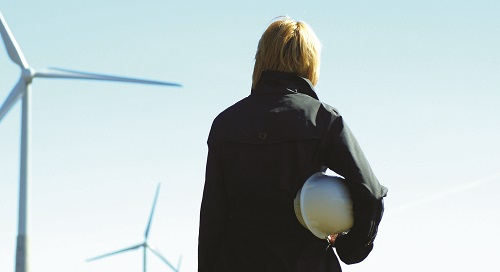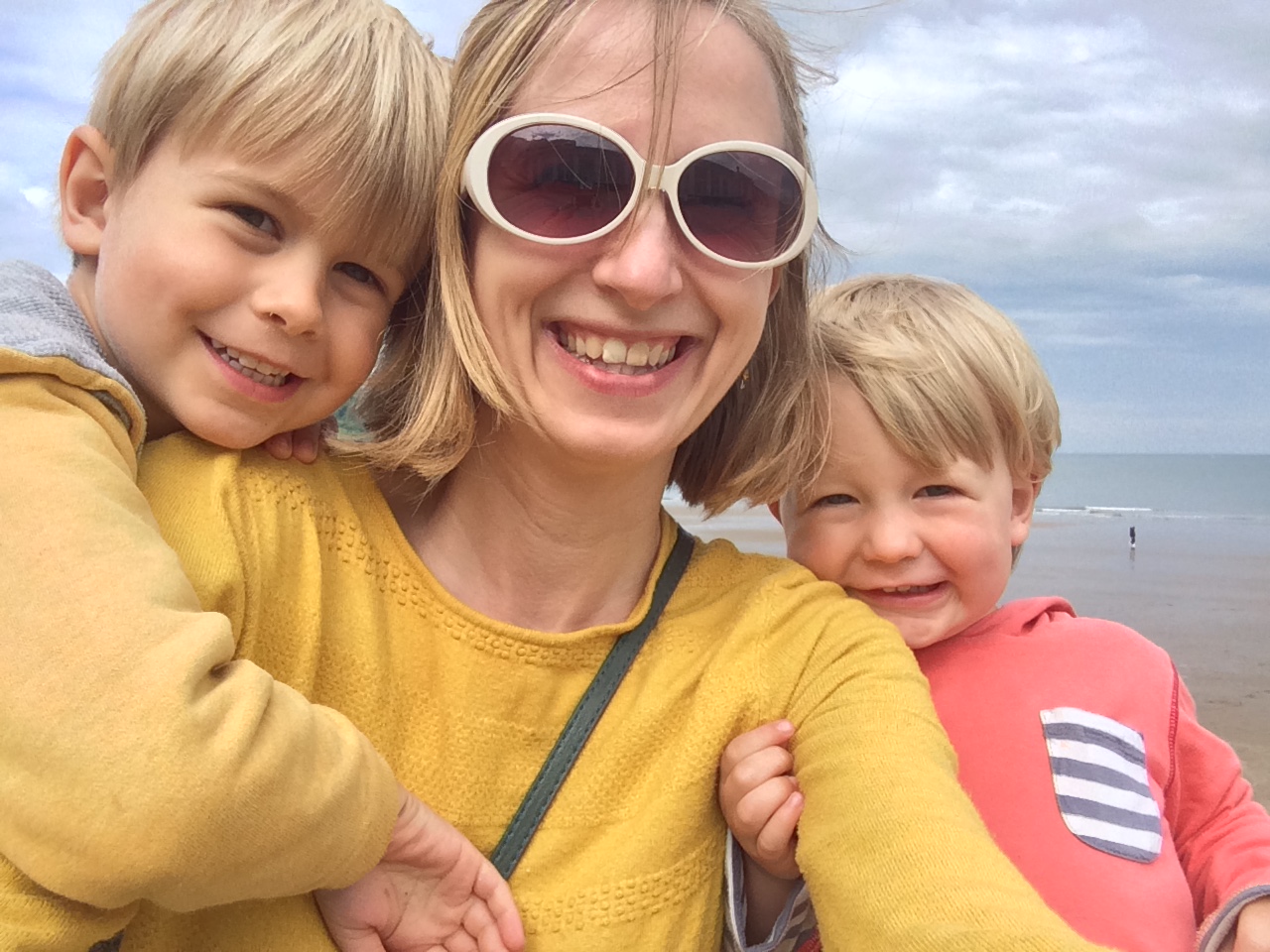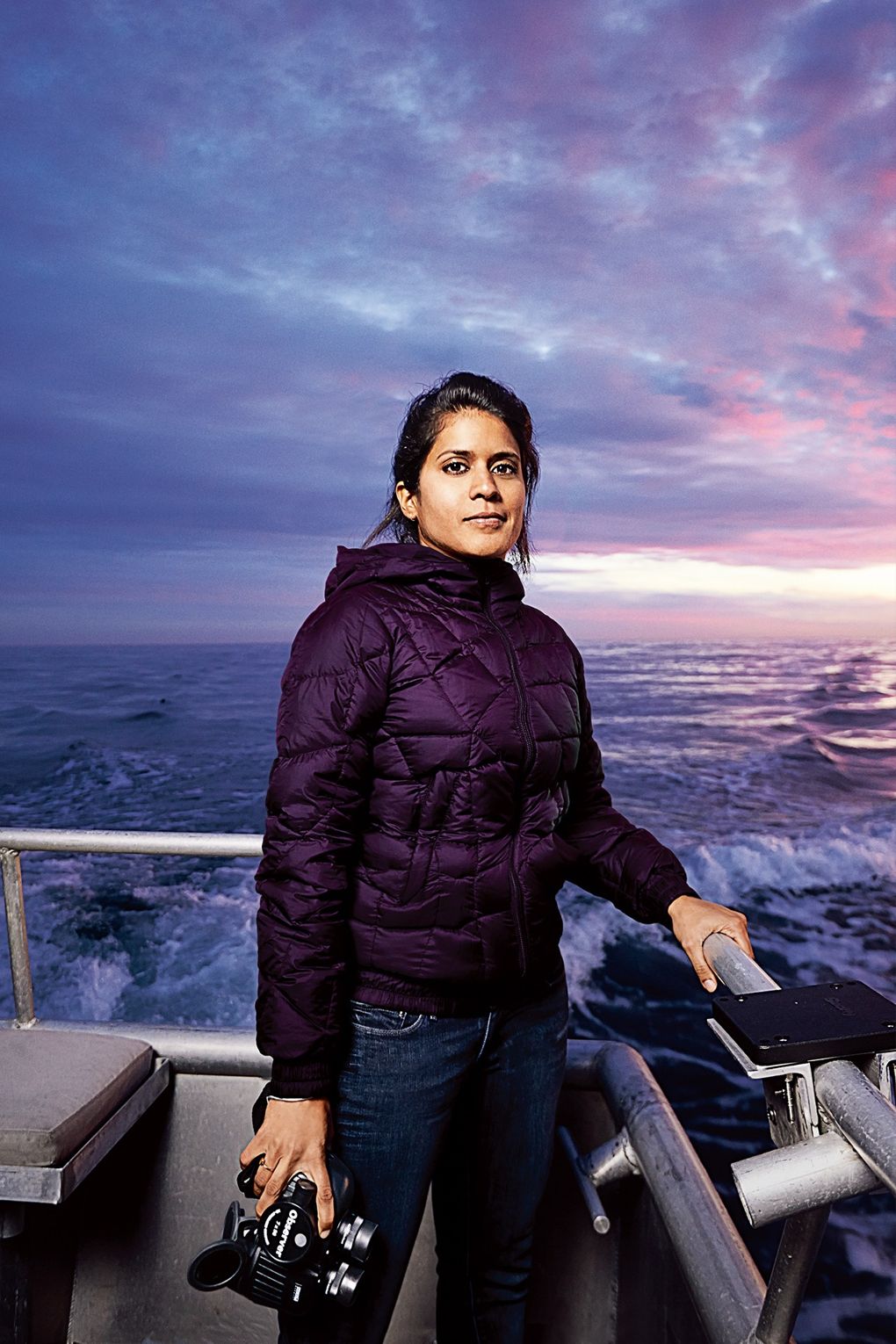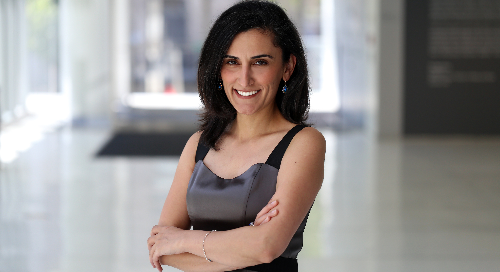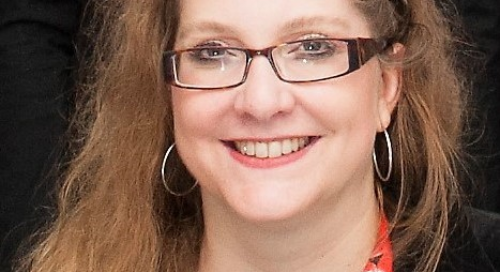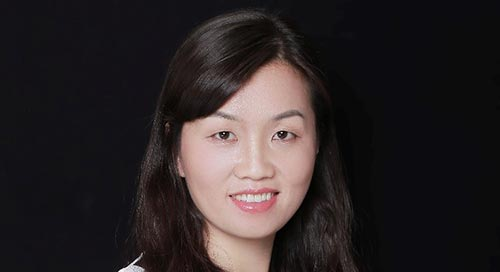women-in-engineering-an-interview-with-zeinab-hosseini-doust
May 26, 2020
It’s no secret: Engineering is not just a man’s world. Perceptions – along with demographics - are shifting, and Wiley is proud to be part of the movement to raise the profile of women in engineering, to inspire future generations.
Here, we celebrate engineering researchers in a collection of interviews with authors, editors, editorial board members, and society contacts. In this interview, we meet Dr. Zeinab Hosseini-Doust, Associate Editor of The Canadian Journal of Chemical Engineering.
How or why did you choose engineering as a career path/area of study?
Engineering was a natural choice for me, I loved math and physics, but both math and physics were straightforward as long as you follow certain rules. I was absolutely in love with chemistry because it was full of exceptions, it kept you on your toes! The other reason was that I found the process of engineering design very exciting.
What inspires you about Engineering?
I love the fact that engineers can make something from nothing. The power of engineering lies in starting from a concept, going through the engineering design process, and achieving something that didn’t exist before. This process is unique to engineering.
What challenges do women face in the Engineering professions/academia?
I don’t think the challenges can be generalized, they are as unique as each person’s journey through academia and really depend on the culture of the workplace. Regardless, it is no secret that women face more challenges in certain jobs than men. I don’t think the challenges should deter women from perusing careers in engineering or in academia. One of the reasons some challenges persist is because we don’t have too many women in certain jobs, once women start choosing certain jobs (like engineering or academic jobs), the workplace will have to adjust itself to meet our needs. And most academic environments are very aware of this issue and are actively working to meet the meets of their female faculty. I have experienced first-hand in my Faculty. The management has been more than willing to work with me to help me continue my research during and after my maternity leave.
Another major challenge that I recently experienced was dealing with academic bullies. According to a US survey, women and ethnic minorities are more likely to experience workplace bullying:
In my case, a senior colleague in another Faculty made a series of ethically questionable moves and started harassing me so that I wouldn’t speak out. I was fortunate to have great allies and mentors to help me navigate the situation, but no one should have to live through a bullying experience. It’s extremely demoralizing and academic institutions should raise awareness about this problem and encourage victims to speak out. A zero-bullying rule is no use if it’s not implemented, and what’s worse, bullies train bullies and if left unaddressed, this cycle continues to the next generation. This cycle has to be broken by identifying and shutting down bullying behavior.
What is the ratio of female to male in your workplace/faculty?
I believe it’s 20- 25% in our Faculty.
What is the most exciting thing about your job?
Working with young bright minds, that’s very exciting and rewarding.
What does a typical day in your job involve?
My job is very similar to the job of an entrepreneur running her own company. Lots of meetings and brainstorming, and lots of emails and managing time and resources. We have to form new collaborations, foster existing ones, write grant applications and bring in funding, manage those funds and allocate money to different research activities, and mentor students through all academic and research activities. It’s very common for my day to include all these activities.
What kind of impact would bring you great satisfaction in your work?
Training students that are confident and believe in themselves and understand their role and impact in society.
What are your hopes for the future of Engineering?
I hope one day we will not have to discuss why engineering (or academia) is a challenging career path for women. I see no reason it has to be that way.
What would you say to girls in school/college who may be considering Engineering as a career choice/study option?
Go for it! It’s a great career path. Do not doubt for one minute that you can do this. I’m not saying it’s not difficult, but we need you and you have so much to contribute.
| You can check out the full collection of interviews at | |
| Women in Engineering | |
| Help us to inspire by sharing our Women in Engineering stories on Facebook and Twitter! | |



